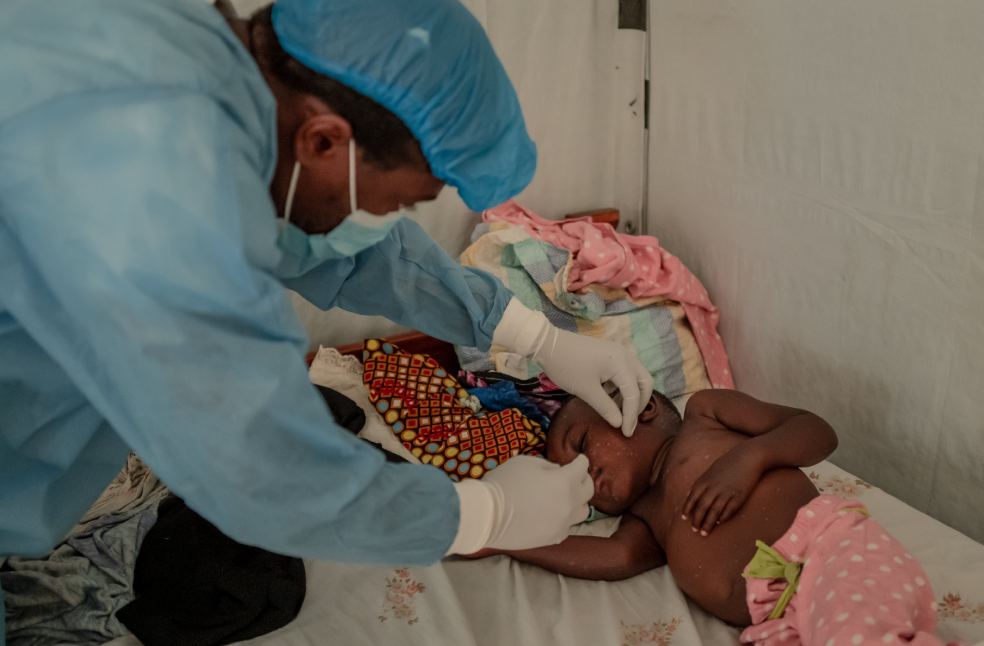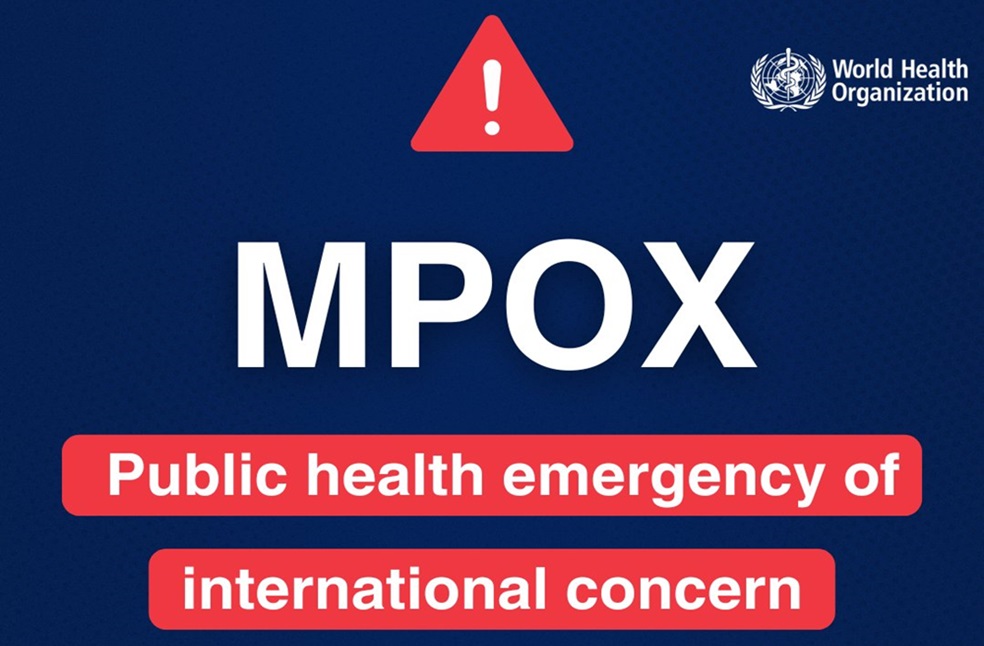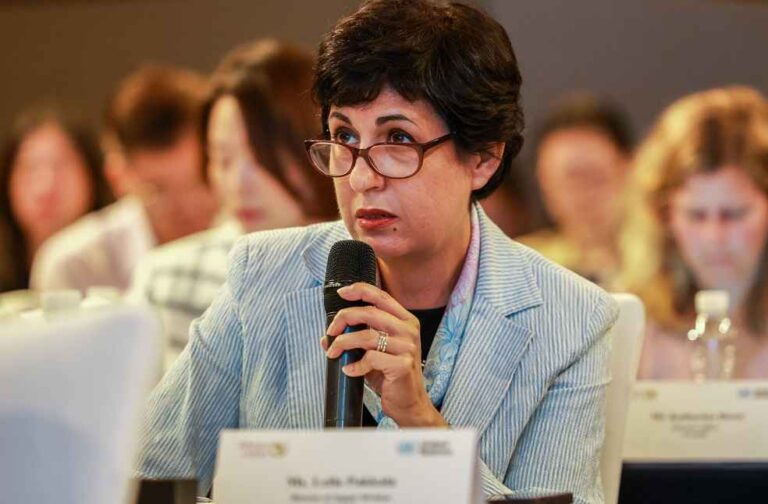The United Nations Children’s Fund (UNICEF) has issued an urgent tender to procure mpox vaccines for countries in crisis, working in partnership with the Gavi vaccine alliance, Africa CDC, and the World Health Organisation (WHO). This tender will allow UNICEF to quickly purchase and ship vaccines as soon as financing, demand, readiness, and regulatory requirements are confirmed.
UNICEF’s Supply Division Director, Leila Pakkala, highlighted the critical need for a swift response, stating, “Delivering vaccines to communities in need is of paramount importance. We urgently need a universal and transparent allocation mechanism to ensure equitable access to mpox vaccines.”

The emergency tender is designed to set up conditional supply agreements with vaccine manufacturers, enabling UNICEF to secure up to 12 million doses through 2025, depending on production capacity and available funding. This effort also includes facilitating donations from high-income countries’ existing stockpiles to help control the outbreak.
As part of this initiative, WHO is reviewing submissions from vaccine manufacturers, with an emergency use listing review expected to be completed by mid-September. The agency is currently considering emergency licenses for two vaccines produced by Bavarian Nordic and Japan’s KM Biologics.
The urgency of this initiative follows the WHO’s declaration of mpox as a global public health emergency in August, after an outbreak in the Democratic Republic of Congo spread to neighboring countries. So far this year, over 18,000 suspected cases of mpox have been reported in Congo, with 629 deaths, and more than 150 confirmed cases in Burundi.

The spread of the virus beyond Central Africa, with confirmed cases in Sweden and Thailand, underscores the global nature of this health crisis and the need for a coordinated international response.
This collaborative effort between UNICEF, Gavi, Africa CDC, WHO, and other partners is essential to addressing the vaccine shortage and ensuring that vaccines reach the communities most at risk.
MOST READ | UK immigration strategy increases the risk of exploitation



